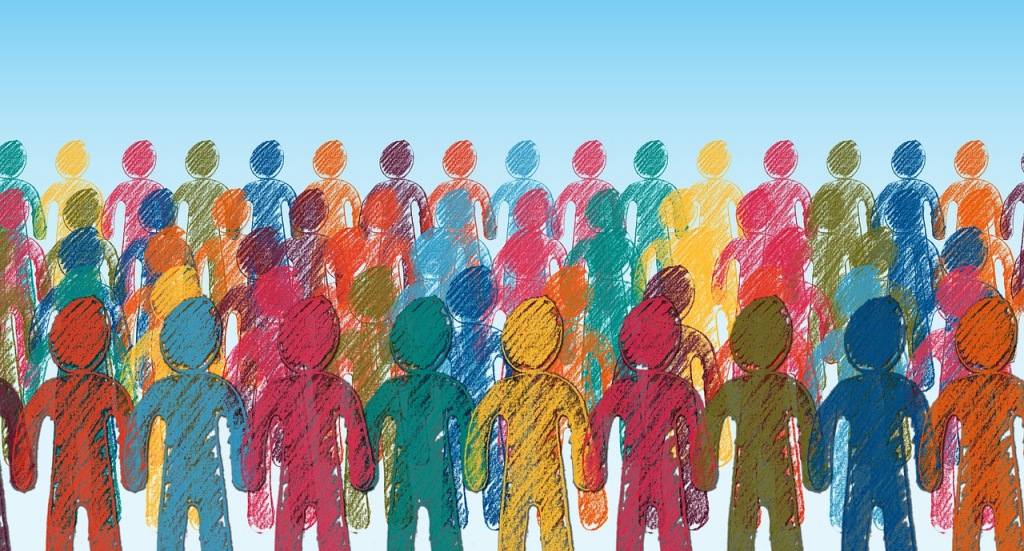Organizations across the world are running because of the employees. Departments like Customer support, sales-marketing, accounts, development team, etc., enable your business to run successfully. As a result, it’s necessary to have one integrated team to look after the procedures, performance, and needs of the other employees. It’s the Human Resource Management team who takes this responsibility.
The duties, roles, and responsibilities of the Human resource managers or HR managers cannot be overlooked. Starting from Human resource planning to Performance assessment, they are involved in everything related to the working landscape.
To know more about the duties of the HR manager, stay tuned to us and keep reading till the end.
What is Human Resource Management?
The professional process of recruiting, hiring, employing, and coordinating an organization’s personnel is known as human resource management (HRM). A company’s HR team is responsible for monitoring the workers and their compliance with the governing policies. Furthermore, their duty also includes interfering in the matter of employee relationships and preserving a healthy work environment.
To be very specific, HRM is a dedicated attempt of every organization to manage the main assets of the business – employees. Nowadays, modern HR technology is using Human Capital Management as a competitive term to Human Resource Management. Delegation of authority is a crucial term with respect to HCM. It’s being used widely and implemented in a plethora of medium to large-scale firms for managing HR functions.
Duties of human resource managers in an Organization
I hope from the above description, you have got a fair idea of the roles of HRM in an organization.
Wondering what the exact duties of an HR manager are? Here we have jotted down the 10 principal duties of an HR manager in a business organization:
1. Human Resource Planning
HR managers are assigned with the responsibilities of achieving planning and accomplishing business objectives, This includes identification, preparation, and execution of business objectives with the topnotch executives.
2. Job Analysis and Design
An HR manager also selects the right resources for the projects. Here resources mean human resources, They manage the entire roadway from Job analysis to hiring the candidates.
3. Hiring The Right Candidates
This responsibility is directly related to the one I have mentioned above. Hiring is a complex process, and a trained HR manager is able to do it seamlessly through their strategic solutions.
4. Training And Development
Specific teams require specific patterns of training and an HR manager oversees all of them. The HR team’s role here is to plan the training/development sessions and streamline them with the teams accordingly.
5. Frame The Workplace Policies
The HRM department designs various workspace policies to curb conflicts, enhance productivity, and manage legal issues. These regulations always look after the mutual interests of both employees and employers.
6. Resolve Conflict
Conflicts are very common in the workplace. An organization has a mixed workforce consisting of employees from different religions, races, gender, ethnicity, etc. Hence, it’s the sole responsibility of the HR managers to resolve the conflicts to increase the productivity of the employees.
7. Maintaining a Healthy Work Environment
Work culture is something that every organization needs to take special care of for improving employee retention. HR managers take every step to develop a positive impression of the company environment to the workers.
8. Designing Rewards and Incentives
The rewards and incentives are the strategies to boost employee productivity. If workers are rewarded based on their performance, they get the motivation to work harder. In this way, the overall organizational output spikes up leading to summative business development.
9. Ensure Health and Safety at Workplace
The health and safety of the employees at the workplace are important as without them, a company is nothing. HR managers plan for employees’ health, safety and security so that they can work seamlessly.
10. Assess the Performance of the Employees
Evaluating the performance of the employees is one of the biggest responsibilities of the Human Resource department. They collaborate with the process managers, team managers, etc., and keep a track of the employees’ performance. Additionally, they also detect the loopholes or the improvement areas of the workers.
Why is HR Manager Important in an Organization?
HR management is responsible for narrowing the gap between employees ’ performance and the organization’s strategic goals. It has become increasingly important throughout time, particularly in modern businesses with the increased need for demand management in corporations. This is due to the fact that HR operations are becoming increasingly complicated, and HR departments are being charged with additional duties. As a profession also, the HR manager is a lucrative and prestigious job role.
The Closing Words
That’s all about the duties of a human resource manager in an organization. HR managers lie in all the aspects of creating and managing an entire workforce. Undoubtedly, they are one of the most important segments of a company linked to every other organizational part.
What’s your opinion about the responsibilities of HR managers? Do let us know positively in the comment area below if we have missed anything.
Author – Emily Bryant is a professional content writer. She completed her graduation in Psychology from the University of Montreal, Canada. She is very passionate about writing in many journals and magazines. She is the owner and co-founder of Dream Land Estate. She is also associated with many authority blog sites such as RSLonline, Finance Team, Tour And Travel, and Smart Business Daily.


